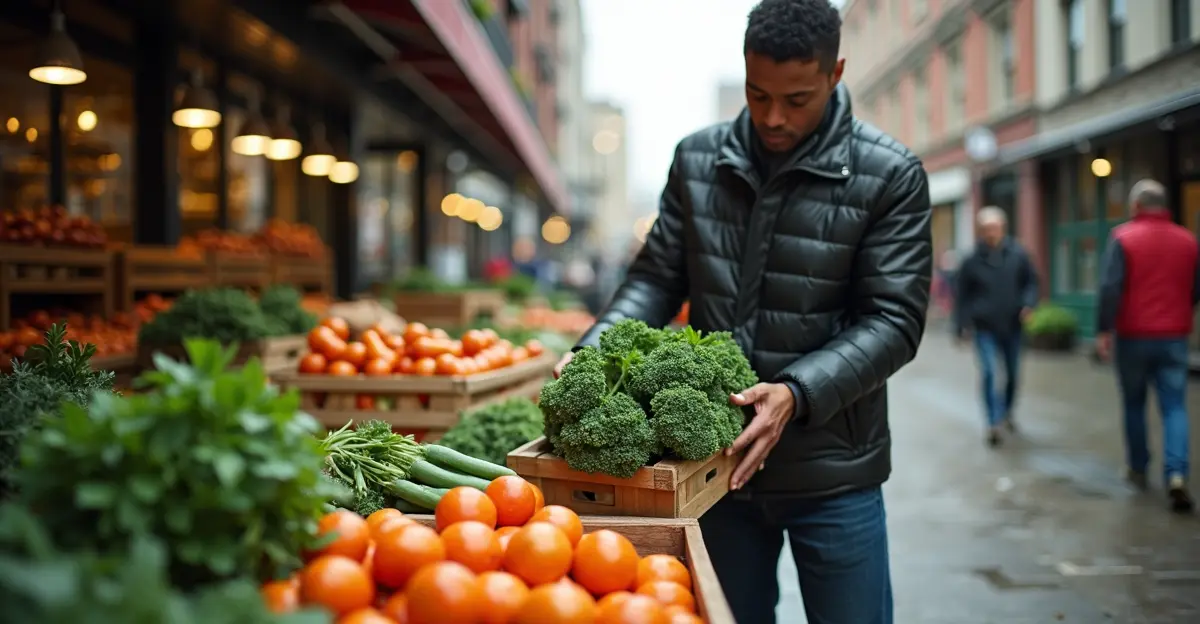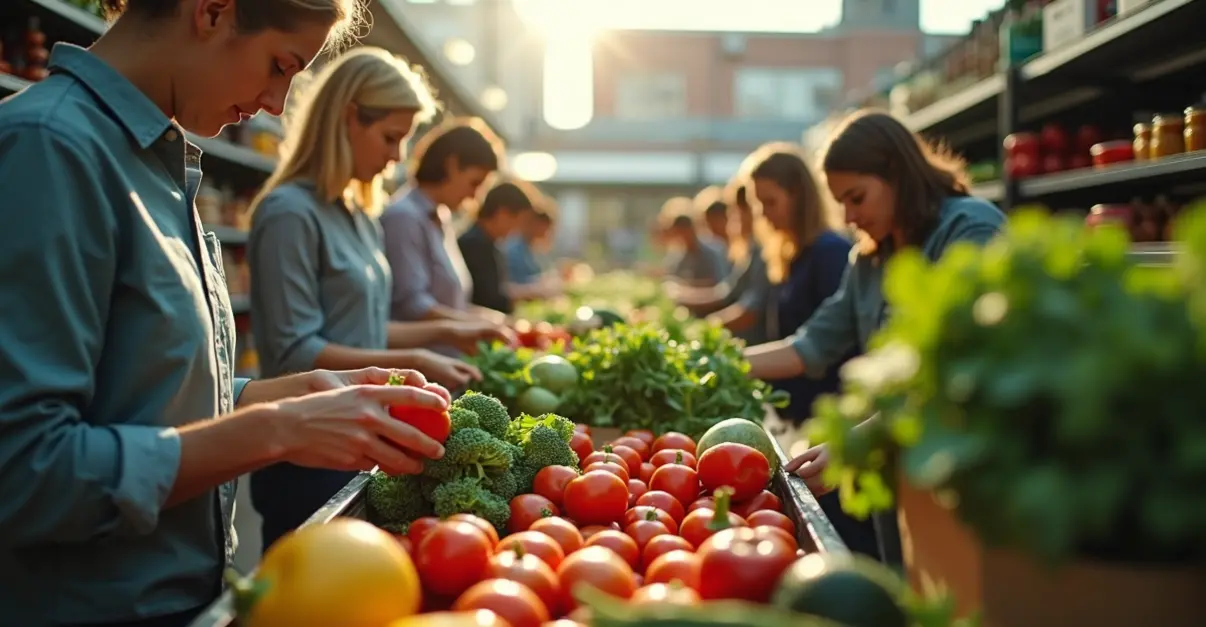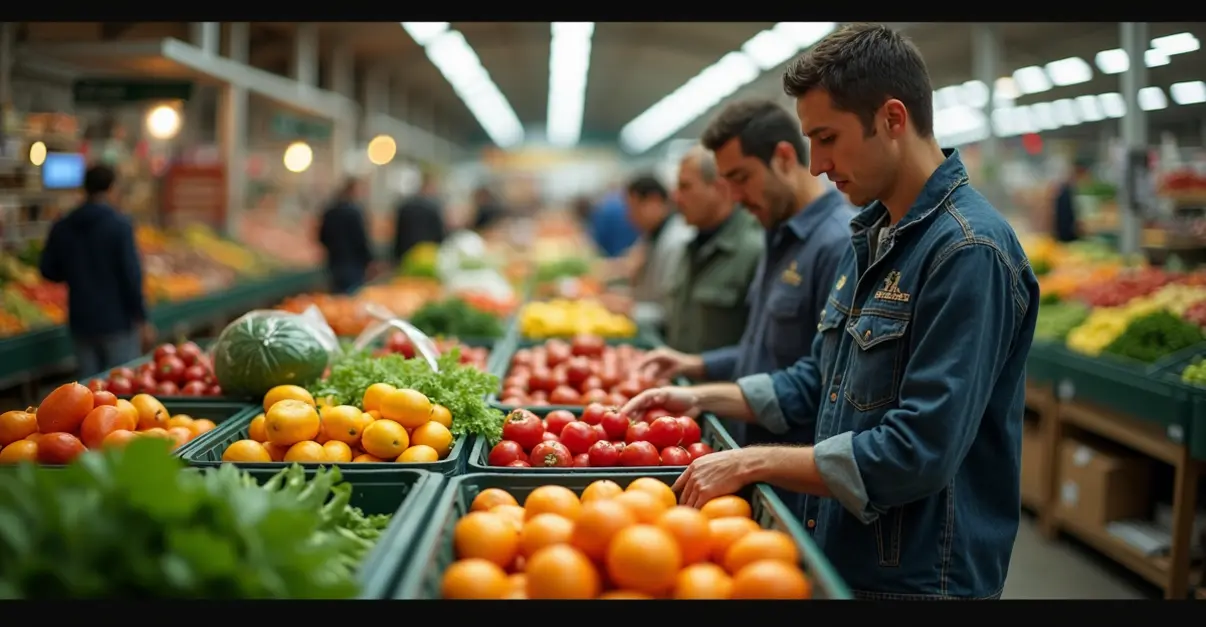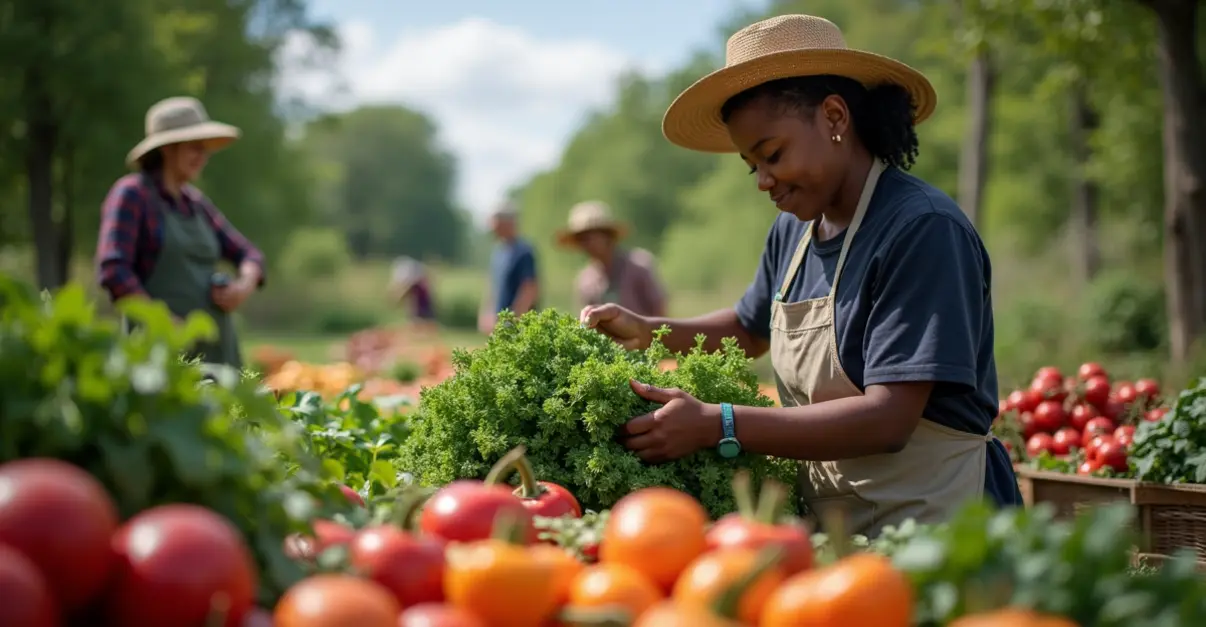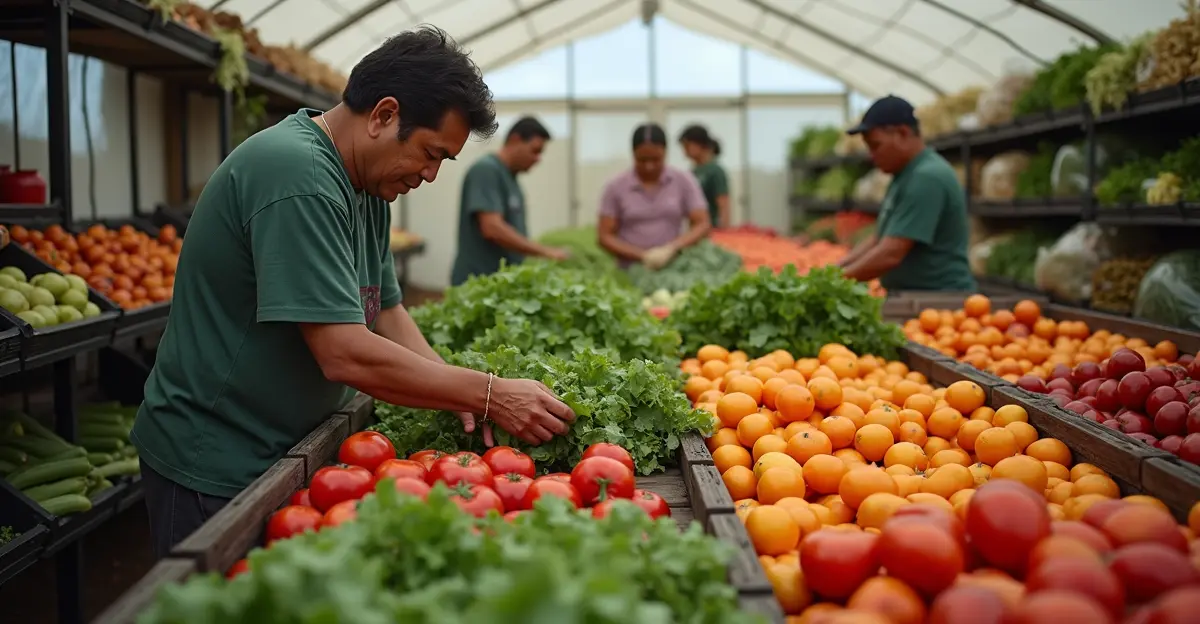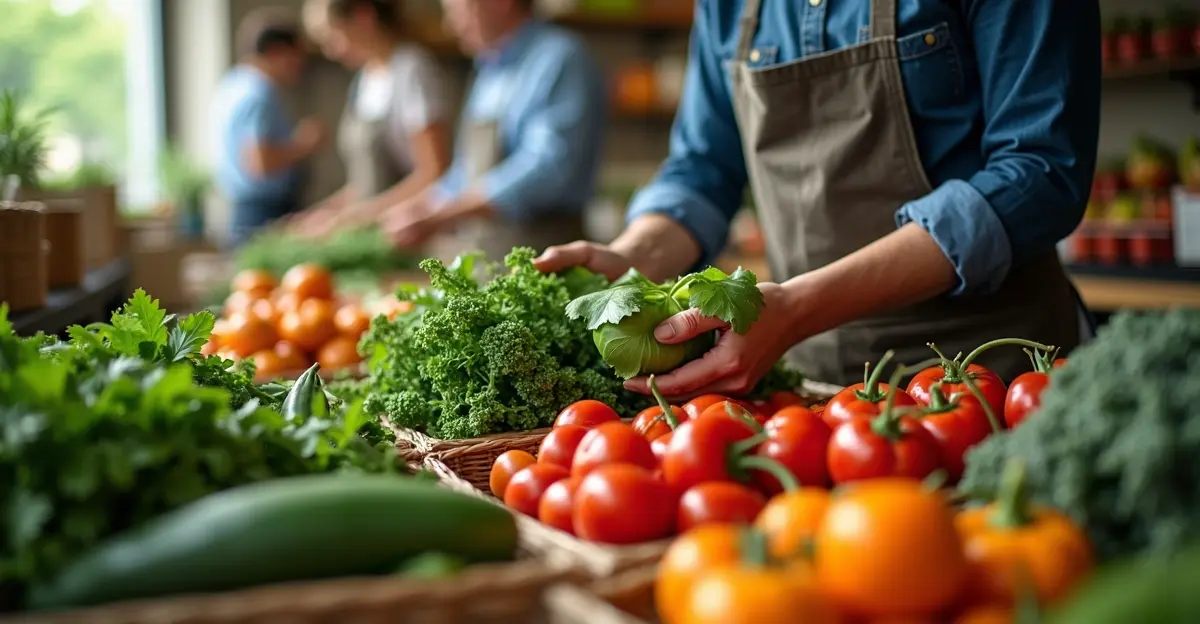Community-Led Food Revolution Takes Root in Cities
Across urban landscapes, a quiet revolution is unfolding as local cooperatives launch innovative food hubs designed to tackle food waste while creating economic opportunities. These community-driven initiatives are transforming how cities approach food distribution, procurement, and employment.
The Urban Food Hub Model
Urban food hubs serve as centralized locations where local farmers, producers, and community members connect to distribute fresh food that might otherwise go to waste. According to recent research published in ScienceDirect, a single food hub can generate annual net savings of 107 tons of CO₂ equivalent while recovering approximately 140,000 meals annually for 3,000 beneficiaries. 'These hubs represent a fundamental shift from traditional food systems,' explains Maria Rodriguez, coordinator of the Brooklyn Food Cooperative. 'We're not just redistributing food—we're building community resilience and creating meaningful employment.'
Procurement and Distribution Innovation
The cooperative model enables communities to pool resources for collective purchasing power. Through strategic procurement partnerships, these hubs can source fresh produce directly from local farmers at competitive prices while ensuring fair compensation for producers. The Healthy Food Policy Project highlights how optimized distributor contracts help achieve local food procurement targets while reducing costs by 10-20% compared to retail alternatives.
'Our cooperative purchasing program has transformed how we serve our community,' says James Wilson, director of the Detroit Urban Food Alliance. 'We're able to provide fresh, culturally appropriate food while supporting local agriculture and reducing our environmental footprint.'
Job Creation and Economic Impact
Beyond food distribution, these hubs are becoming significant employment generators. Positions range from logistics coordinators and food safety specialists to community outreach workers and agricultural technicians. The cooperative structure ensures that jobs created remain within the community, with many positions offering living wages and opportunities for skill development.
Research from Atlanta Wire demonstrates how food hubs strengthen local economies by creating stable markets for small-scale farmers while generating employment across the supply chain. 'I went from being unemployed to managing our hub's distribution network,' shares Sarah Chen, a former restaurant worker now employed at Chicago's South Side Food Cooperative. 'This isn't just a job—it's a chance to build something meaningful for my neighborhood.'
Environmental and Social Benefits
The environmental impact extends beyond waste reduction. By shortening supply chains and minimizing transportation distances, urban food hubs significantly reduce food miles and associated greenhouse gas emissions. The ScienceDirect study on urban agriculture highlights additional benefits including improved air quality, reduced urban heat islands, and enhanced biodiversity.
Socially, these initiatives address food insecurity while fostering community connections. 'We've seen remarkable outcomes in terms of both food access and community cohesion,' notes Dr. Elena Martinez, a food systems researcher at UC Berkeley. 'Participants report not only improved nutrition but also stronger social networks and increased civic engagement.'
Challenges and Future Directions
Despite their promise, urban food hubs face challenges including regulatory hurdles, initial investment costs, and the need for technical expertise. However, communities are finding innovative solutions through partnerships with local governments, educational institutions, and private sector allies.
'The key is starting small and building community buy-in,' advises Rodriguez. 'Our first hub began with just three farmers and a church basement. Now we serve thousands of families and employ over forty people.'
As cities worldwide grapple with food system challenges, the cooperative food hub model offers a replicable framework for creating more sustainable, equitable, and resilient urban food systems. With continued innovation and community support, these initiatives promise to transform not just how cities eat, but how they work together to build better food futures.

 Nederlands
Nederlands
 English
English
 Deutsch
Deutsch
 Français
Français
 Español
Español
 Português
Português
